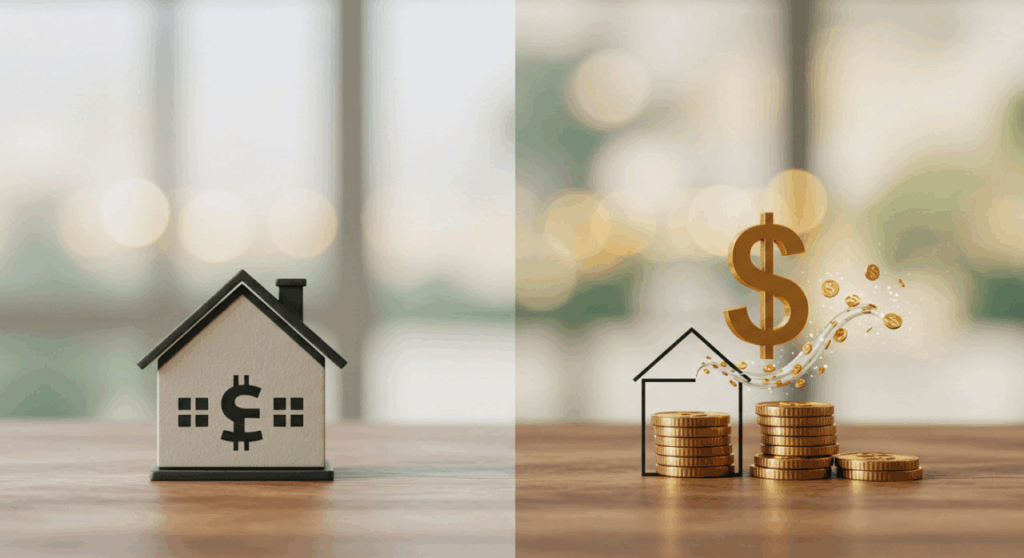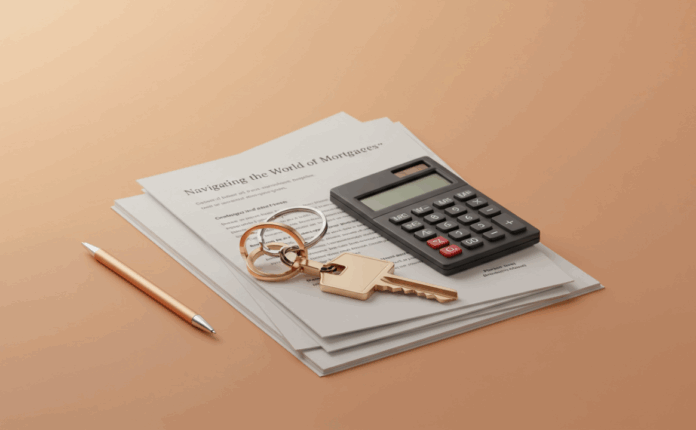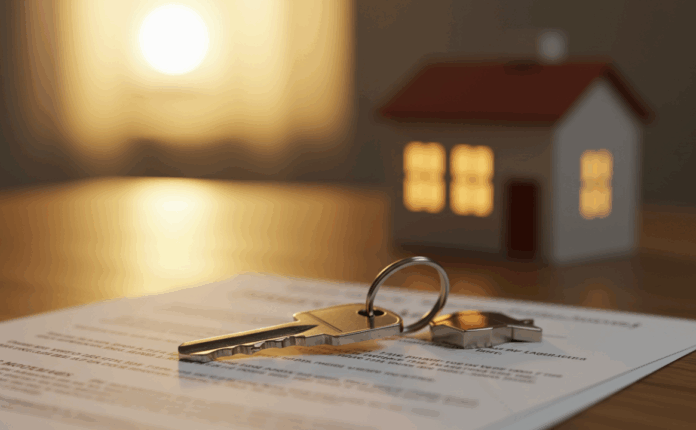Thinking about a cash-out refinance? It’s a smart move for many, but understanding the rates is crucial. This guide will walk you through everything you need to know about cash-out refinance rates in a simple, easy-to-understand way.
What is a Cash-Out Refinance?
A cash-out refinance lets you borrow against your home’s equity. Essentially, you replace your existing mortgage with a new one for a larger amount, receiving the difference in cash. This cash can be used for home improvements, debt consolidation, or other major expenses. The interest rate you secure depends on several factors, which we will explore below. Learn more about the factors that affect your rate.
Current Cash-Out Refinance Rates
Current cash-out refinance rates fluctuate daily based on economic conditions and market trends. They vary depending on your credit score, the loan type, and the amount you’re borrowing. To get the most up-to-date information, you should check with several lenders. You can use online tools to compare rates from various institutions, such as those found on Bankrate or NerdWallet. Keep in mind that these are just estimates and your actual rate might vary.
Factors Affecting Your Rate
Several factors play a significant role in determining the interest rate you’ll receive on your cash-out refinance. Your credit score is a major factor; a higher score usually translates to lower rates. Learn more about how your credit score impacts your interest rate. The loan-to-value ratio (LTV), which is the loan amount compared to your home’s value, also influences rates. A lower LTV often means a better rate. The type of loan you choose (e.g., fixed-rate, adjustable-rate) will also affect your rate. Finally, prevailing interest rates in the broader market play a big role; rates tend to rise and fall in line with broader economic indicators.

How to Shop for the Best Rate
Shopping around is crucial when securing a cash-out refinance. Compare rates from several lenders to find the most competitive option. Don’t just focus on the interest rate; consider closing costs and other fees as well. Read more about understanding closing costs. Look for lenders who offer transparent pricing and good customer service.
Understanding Your Loan Terms
Before finalizing your cash-out refinance, thoroughly understand the loan terms, including the interest rate, loan amount, repayment schedule, and any associated fees. Carefully review all documents before signing. You should carefully consider your ability to repay the loan over its term. If needed, seek advice from a financial advisor or housing counselor.
Fixed-Rate vs. Adjustable-Rate Mortgages
You’ll have to choose between a fixed-rate mortgage and an adjustable-rate mortgage (ARM). A fixed-rate mortgage offers stability with consistent monthly payments, while an ARM starts with a lower rate but is subject to changes over time. The best option for you depends on your financial situation and risk tolerance. Read more about choosing between an ARM and a fixed-rate loan.
Credit Score Impact
Your credit score significantly affects your cash-out refinance rate. A higher credit score (700 or above) typically qualifies you for the best rates. Improving your credit score before applying can save you money over the life of the loan. You can check your credit report for free annually from AnnualCreditReport.com.
Closing Costs
Don’t forget to factor in closing costs. These fees can add up, so it’s essential to understand what’s included. Closing costs vary depending on your location and lender. Comparing lenders based on their closing costs is just as important as comparing interest rates.
By carefully considering these factors and shopping around, you can secure a competitive cash-out refinance rate.
Frequently Asked Questions
What is the average cash-out refinance rate? The average rate varies significantly based on market conditions and your individual financial profile. It’s impossible to give a single definitive answer. Checking with several lenders is necessary.
Can I use the cash-out for anything? While you can generally use the cash-out money for anything, it’s important to have a clear financial plan in place and only borrow as much as you need.
How long does the cash-out refinance process take? The process generally takes several weeks, and the exact timeline depends on various factors such as your lender and the complexity of your application.
What are the risks of a cash-out refinance? Potential risks include increasing your overall debt and the possibility of losing your home if you’re unable to make payments. It’s crucial to only borrow what you can comfortably repay.
How do I find a reputable lender? Shop around and compare lenders based on interest rates, fees, and customer reviews. Look for lenders with a strong reputation and transparency.



